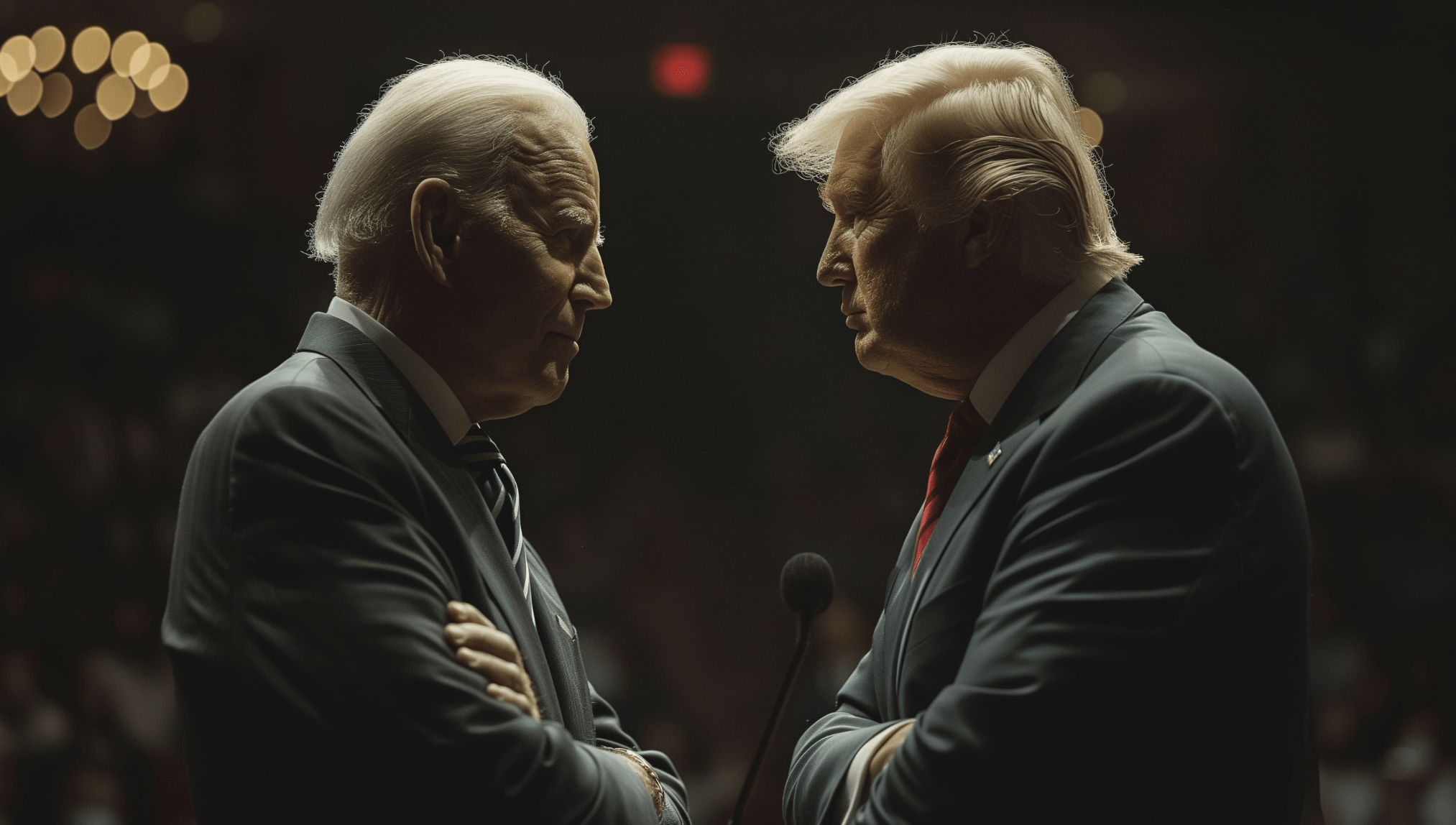Policy Brief n.13 - Bidenomics Versus Maganomics on Trade Law: Pick Your Poison
This essay examines the international trade policies of the two presumed Candidates for president in 2024, Joseph Biden and Donald Trump.
When Joseph Biden became president in 2021, he did not reverse the Trump trade policies. Nevertheless, Trump and Biden propose very different international trade policies for 2025 and beyond.

-
File
Executive Summary
This essay examines the international trade policies of the two presumed candidates for president in 2024, Joseph Biden and Donald Trump. I first analyze the trade law revolution effected by the Trump presidency, 2017-2021. During these years the Trump administration adopted a protectionist policy rooted in nationalism and populism. As a direct result of Trump administration trade policy there occurred: (1) a significant retreat from globalization; (2) paralysis of the World Trade Organization; (3) a revival of U.S. unilateralism in trade policy; and (4) the U.S.-China trade war.
When Joseph Biden became president in 2021, he did not reverse the Trump trade policies. Rather declaring his favor of a “worker-oriented” trade policy, the Biden administration defended Trump’s tariff policies while continuing his hostility to new free trade agreements and the multilateral trading system. Biden’s distinctive addition to Trump’s trade policy is a protectionist industrial policy featuring subsidies and a “buy American” mandate.
Nevertheless, Trump and Biden propose very different international trade policies for 2025 and be-yond. Trump intends to adopt across the board protectionist tariffs on all imports; Trump proposes punitive tariffs on imports from China that will effectively “decouple” China-U.S. trade. Biden’s trade policy will be rooted in industrial policy and “buy American” protectionism.
Prominent critics of both Trump and Biden propose a “third way” set of international trade policies that avoid protectionism. This “third way” would feature new free trade agreements with Asian-Pacific, European, and Western Hemisphere nations, rehabilitation of the WTO, revival of multilateral-ism and U.S. leadership, and a more constructive relationship with China.
IEP@BU does not express opinions of its own. The opinions expressed in this publication are those of the authors. Any errors or omissions are the responsibility of the authors.
